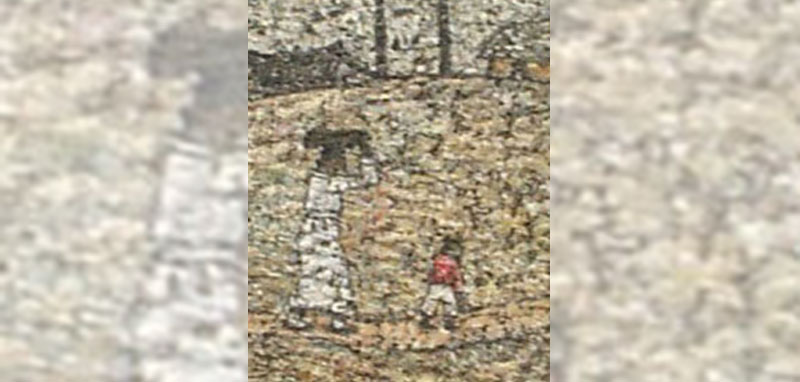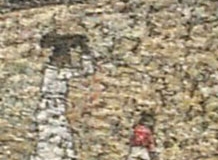Korea
Following World War II, Korea’s postwar avant-garde movement was initiated by the young art students Park Seo-bo, Kim Tschang-yeul, and Chung Sang-hwa. They worked to develop a Korean style of abstraction that distinguished their work from American and European abstract paintings.
In the 1970s, a monochrome style of painting (dansaekjo) was favored by artists Park Seo-bo, Yun Hyong-Keun, and Ha Chong-Hyon. Based on the the traditions of monochrome Korean ink-style painting, was diverse and distinctively Korean. Later, Minjung Art (Art of the Masses) reflected political concerns generated by the dictatorial regime of President Chun Doo-hwan.
Park Soo Keun (aka Park Su-Guen), an artist who lived in poverty and who was not connected to any art movements, was a Korean modernist who is now revered for his simple and elegant scenes of everyday Korean life.
Sold Works

